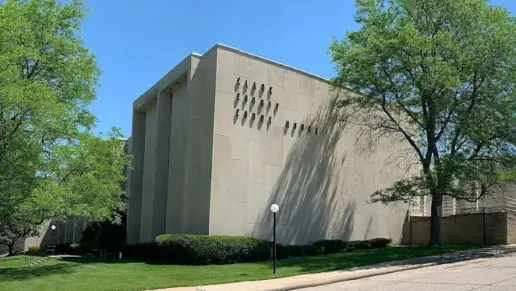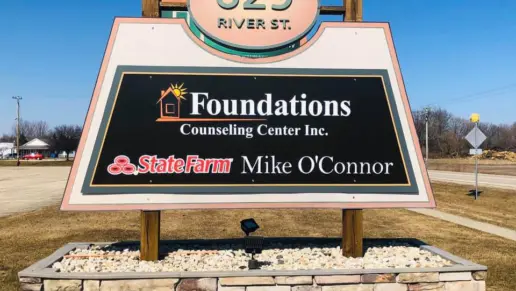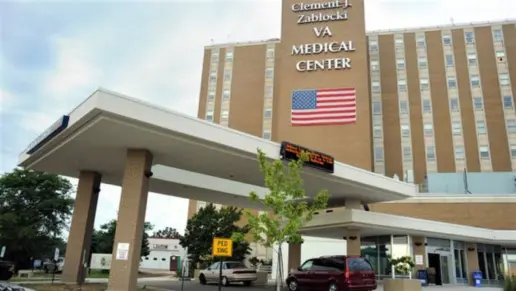Teamwork here is key! Working as a team, everything can be achieved! Thanks to this place I'm healthy and alive
About Meta House
Meta House is a substance use addiction recovery facility for women in Milwaukee, Wisconsin. They serve women over 18 affected by substance use disorders. This includes single women and women with children. They offer both residential and outpatient treatment as well as transitional living arrangements for women in the early stage of recovery. You can fund your treatment here via Medicaid. Their outpatient program is ideal if you’re transitioning out of residential treatment or you’ve recently experienced a relapse. You can expect to receive individualized gender responsive treatment rooted in proven therapeutic practices. Their recovery professionals are compassionate, highly experienced and knowledgeable.
Their outpatient services include counseling, addiction education and relapse prevention. The program also involves goal setting, mediation and urine screening. You’ll participate in individual counseling with a licensed therapist to address personal issues fueling your substance use, set realistic goals and assess progress as necessary. Group counseling helps you explore how past trauma like physical, sexual and emotional abuse influences your substance use. Unraveling the root causes of your addiction this way enables you to build solid coping mechanisms that foster relapse prevention. The program is all about equipping you with the tools to manage unresolved trauma to reduce relapse and achieve lasting recovery.
Their chemical dependence education provides valuable insight on how your substance use impacts you, your children and other people in your life. There’s also a Seeking Safety and dialectical behavior therapy skills group that focuses on teaching coping strategies for trauma and emotional regulation.
The facility also offers smoke cessation therapy alongside substance use addiction recovery. This can benefit women struggling to quit smoking or chewing tobacco. The treatment uses motivational interviewing to guide clients in exploring and making changes to address tobacco use or misuse.
You can also benefit from their vocational education and case management services. Vocational training prepares you for employment opportunities post recovery, while case management services involve connection to community resources that support your recovery journey. This may include medical care, housing and job placement. Comments from past clients reflect overall positive experiences and impressive quality of care.
Latest Reviews
Gallery
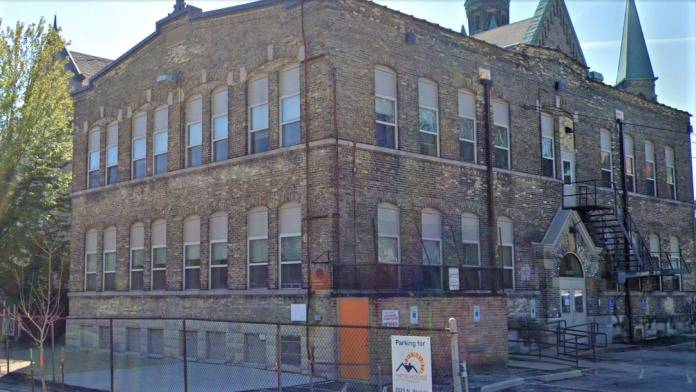
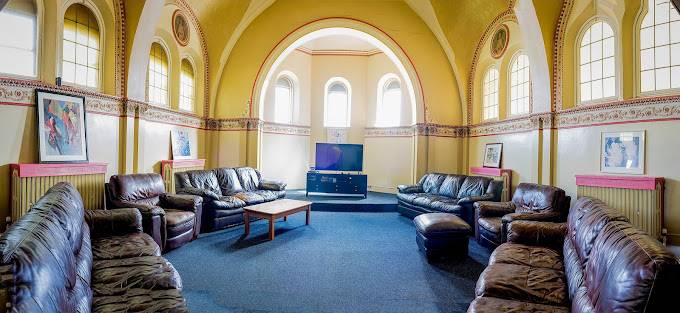
Location
Accepted Insurance
Other Forms of Payment
Private insurance refers to any kind of healthcare coverage that isn't from the state or federal government. This includes individual and family plans offered by an employer or purchased from the Insurance Marketplace. Every plan will have different requirements and out of pocket costs so be sure to get the full details before you start treatment.
Self-pay involves paying for treatment out of your own pocket. You can use savings or credit, get a personal loan, or receive help from family and friends to fund your treatment. If you don't have insurance or your insurance plan doesn't cover a specific program, self-pay can help ensure you still get the care you need.
Financial aid can take many forms. Centers may have grants or scholarships available to clients who meet eligibility requirements. Programs that receive SAMHSA grants may have financial aid available for those who need treatment as well. Grants and scholarships can help you pai for treatment without having to repay.
Sliding scale payments are based on a client's income and family size. The goal is to make treatment affordable to everyone. By taking these factors into account, addiction recovery care providers help ensure that your treatment does not become a financial burden to you or your family, eliminating one barrier to care.
Medicaid is a state based program that helps lower-income individuals and families pay for healthcare. Medicaid covers addiction treatment so those enrolled can use their coverage to pay for rehab. When a program accepts Medicaid the client often pays very little or nothing out of their own pocket.
Addiction Treatments
Levels of Care
Treatments
The goal of treatment for alcoholism is abstinence. Those with poor social support, poor motivation, or psychiatric disorders tend to relapse within a few years of treatment. For these people, success is measured by longer periods of abstinence, reduced use of alcohol, better health, and improved social functioning. Recovery and Maintenance are usually based on 12 step programs and AA meetings.
The goal of drug rehab in Wisconsin is to address drug addiction as a complex issue that involves physical, mental, and relational aspects. During rehab, treatment focuses on each of these areas and gives you the tools you need to achieve and maintain sobriety.
Many of those suffering from addiction also suffer from mental or emotional illnesses like schizophrenia, bipolar disorder, depression, or anxiety disorders. Rehab and other substance abuse facilities treating those with a dual diagnosis or co-occurring disorder administer psychiatric treatment to address the person's mental health issue in addition to drug and alcohol rehabilitation.
Opioid rehabs specialize in supporting those recovering from opioid addiction. They treat those suffering from addiction to illegal opioids like heroin, as well as prescription drugs like oxycodone. These centers typically combine both physical as well as mental and emotional support to help stop addiction. Physical support often includes medical detox and subsequent medical support (including medication), and mental support includes in-depth therapy to address the underlying causes of addiction.
Substance rehabs focus on helping individuals recover from substance abuse, including alcohol and drug addiction (both illegal and prescription drugs). They often include the opportunity to engage in both individual as well as group therapy.
Programs





Clinical Services
As a form of substance use treatment, cognitive behavioral therapy in Wisconsin offers several advantages. The duration of this talk therapy is typically 20 sessions or less, so it can be more affordable, with quicker results. It's also offered in multiple formats, so it can be tailored to meet individual needs.
Group therapy is any therapeutic work that happens in a group (not one-on-one). There are a number of different group therapy modalities, including support groups, experiential therapy, psycho-education, and more. Group therapy involves treatment as well as processing interaction between group members.
When conducting motivational interviewing in Wisconsin, therapists engage with their clients as equal partners. They don't provide unsolicited advice or confront clients. Instead, they ask questions and listen, with the goal of empowering clients to recognize any need for change and their ability to make those changes.
Trauma therapy addresses traumatic incidents from a client's past that are likely affecting their present-day experience. Trauma is often one of the primary triggers and potential causes of addiction, and can stem from child sexual abuse, domestic violence, having a parent with a mental illness, losing one or both parents at a young age, teenage or adult sexual assault, or any number of other factors. The purpose of trauma therapy is to allow a patient to process trauma and move through and past it, with the help of trained and compassionate mental health professionals.
Amenities
-
Residential Setting
-
Private Rooms
Accreditations

The Substance Abuse and Mental Health Services Administration (SAMHSA) is a branch of the U.S. Department of Health and Human Services. Established in 1992 by congress, SAMHSA's mission is to reduce the impact of substance abuse and mental illness on American's communities.
SAMHSA Listed: Yes

State Licenses are permits issued by government agencies that allow rehab organizations to conduct business legally within a certain geographical area. Typically, the kind of program a rehab facility offers, along with its physical location, determines which licenses are required to operate legally.
State License: Wisconsin
Contact Information
2625 North Weil street
Milwaukee WI, 53212
